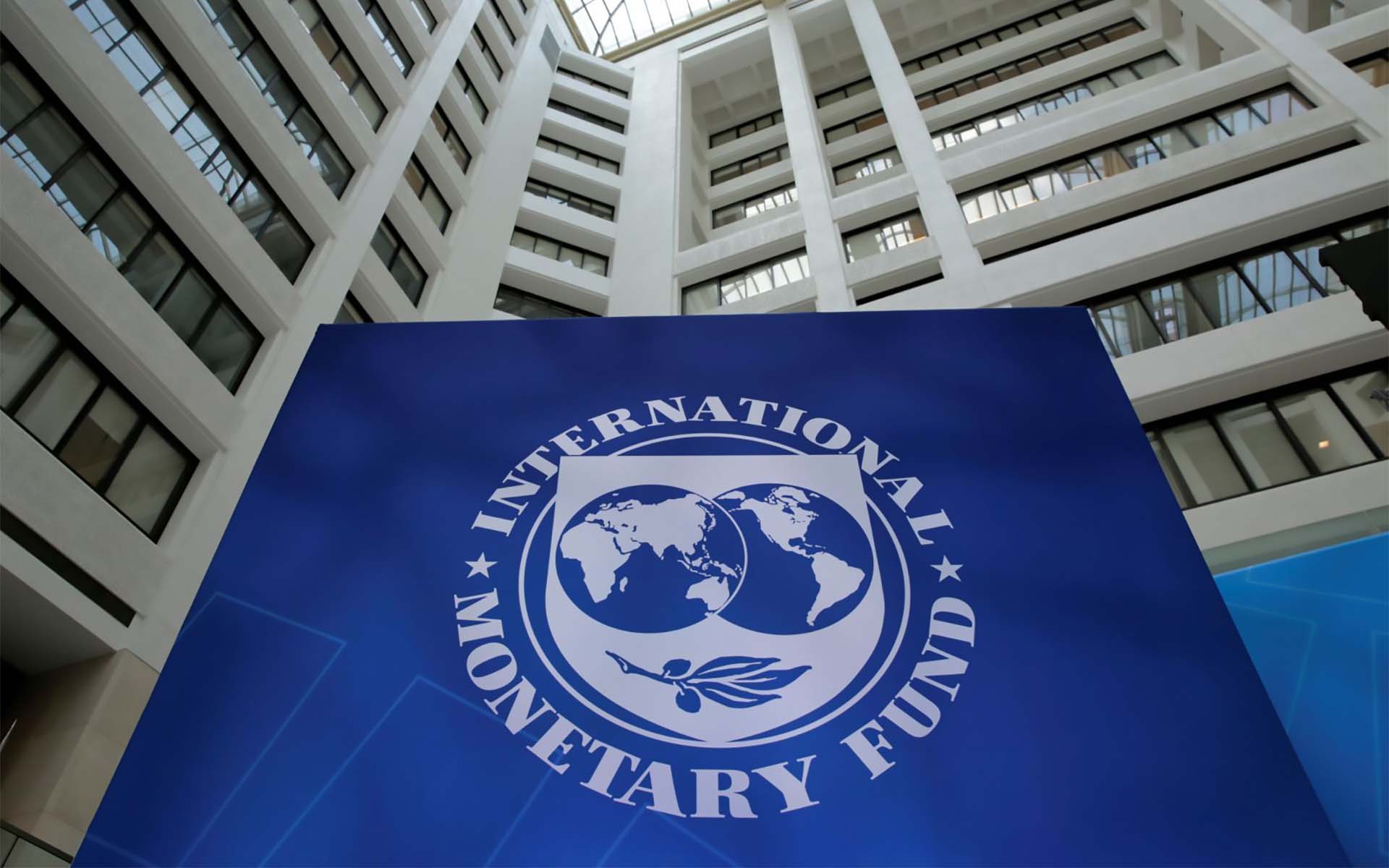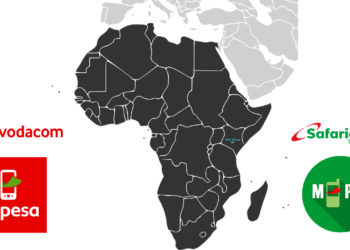A new September report from the International Monetary Fund (IMF) has warned of a pressing need to rethink fiscal policy across sub-Saharan Africa due to cascading crises like COVID-19, Russia’s invasion of Ukraine and increasingly frequent extreme weather events.
IMF said the crises have amplified longstanding economic and social challenges and exacerbated fiscal vulnerabilities. Under current fiscal policy, the region’s debt-to-GDP ratio will continue rising over the next five years by more than 10 percentage points.
“Significant fiscal reforms are needed to rebuild buffers and preserve the sustainability of public finances, while also achieving the region’s development goals,” the report said.
Read more: Chipper Cash CEO Ham Serunjogi named to Biden’s Africa Advisory Council
Although most countries have fiscal rules and budget frameworks, their ability to guide policy remains limited, the IMF said. Fiscal balances fail to respond to rising debt levels, deviations from budget plans are significant, primary surpluses are hard to sustain, and deficit ceilings are breached more often compared to other regions, it found.
Policymakers face tensions between development needs, low domestic revenue and excessive debt, creating difficult tradeoffs, the report said. Volatility, political instability and weak institutions hinder adjustment. Tight financing and unreliable donor aid also constrain options.
The IMF proposed a new methodology to set debt ceilings based on preserving debt servicing capacity, pointing to a median sustainable debt of 55% of GDP in Africa. Over half of countries topped their recommended ceiling in 2022.
“Adjustment needs are in the order of 2 to 3 percent of GDP over the next five years for the median country, and much larger in a few cases,” the IMF said. It called this feasible given past consolidation of around 1% of GDP yearly.
Read more: Government taps special forex reserves to settle KES 35 billion oil debts
Domestic revenue mobilization should play a greater role than just spending cuts, which can hurt growth, the IMF said. Reforms must be sequenced carefully with compensation to overcome resistance.
“Transparent communication on long-term benefits and costs of inaction are critical,” the report said.
The IMF highlighted strengthening budgeting, identifying fiscal risks, improving expenditure controls and boosting tax revenue as key institutional reforms needed in the region.
“The sustainability of a new fiscal strategy depends on the government’s ability secure public support by linking the policy measures to longer-term benefits,” the report concluded.


















